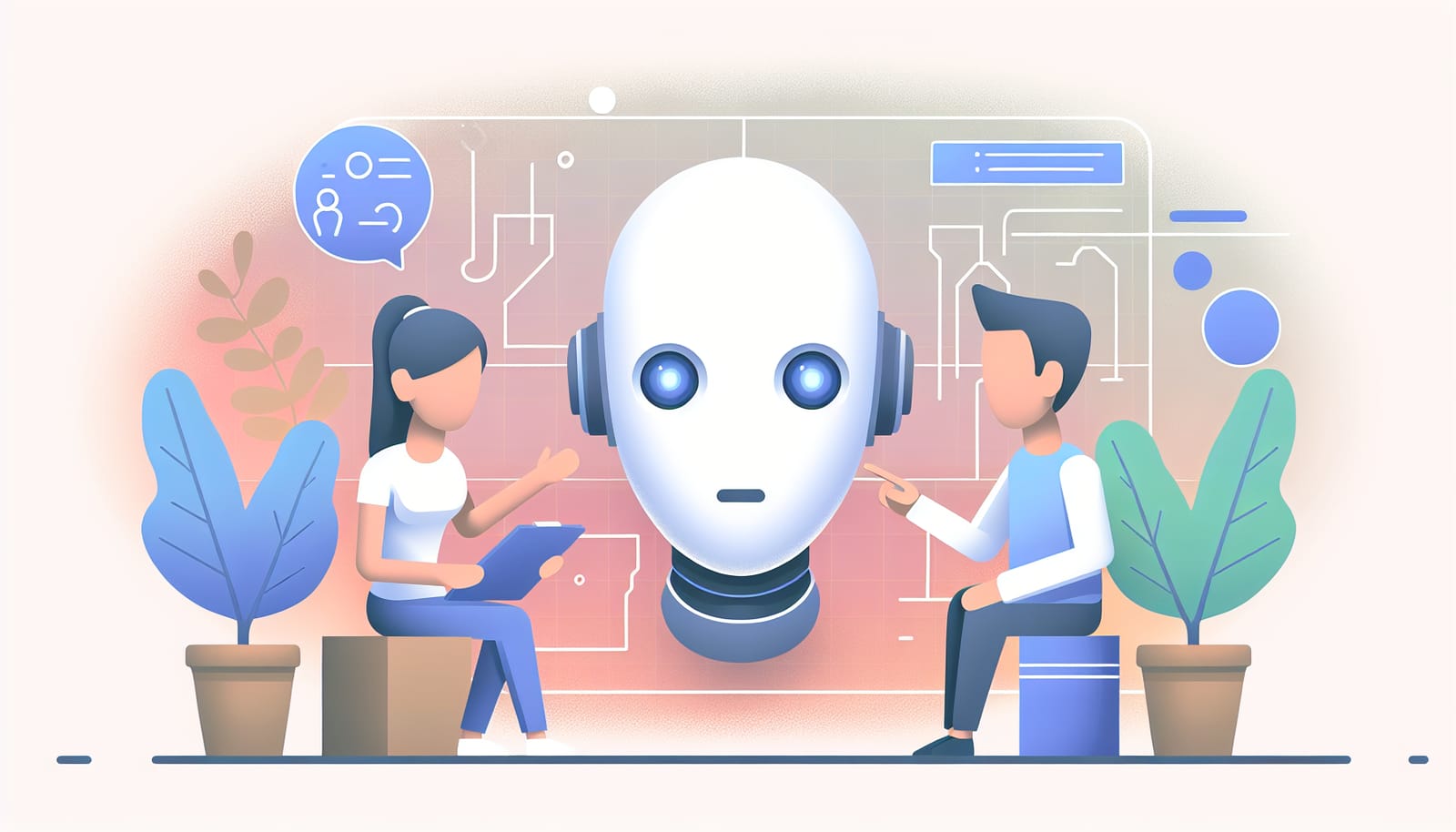As we move deeper into the 21st century, technology is transforming our lives in ways we never imagined. One of the most exciting and discussed technologies is Artificial Intelligence (AI). This cutting-edge technology is shaping various fields, from healthcare to entertainment, but what about politics? Will AI one day replace politicians? Let’s explore this fascinating question together!
Understanding AI
Before we dive into the political implications of AI, let’s first understand what AI is. Simply put, Artificial Intelligence refers to machines or software that can mimic human intelligence. This means AI can learn, reason, and solve problems, much like a human would. You might have already interacted with AI without even realizing it! For example, when you ask your smartphone a question or use a recommendation system on a streaming platform, you're engaging with AI.
AI operates on data. It learns from past information and uses that knowledge to make predictions or decisions. This data can come from various sources, including social media, surveys, and even the internet. The more data AI has, the smarter it becomes.
The Role of Politicians
Politicians are elected leaders who represent the interests of the people. They make decisions on laws, policies, and public services. Their primary goal is to serve the community, listen to citizens' concerns, and work towards the common good. However, the political landscape is often complicated and can be influenced by various factors, including personal interests, public opinion, and lobbying from powerful groups.
Politicians must communicate effectively, empathize with their constituents, and make tough decisions that can affect millions of lives. It’s a challenging job that requires not only intelligence but also emotional intelligence, ethics, and a deep understanding of society.
Can AI Take Over This Role?
Now, let's get to the heart of the matter: Can AI replace politicians? The answer isn't straightforward. While AI has made significant strides in many areas, the complexity of human emotions, ethics, and the nuances of social interaction present unique challenges.
AI can analyze data and make informed recommendations, but it lacks the ability to understand human experiences fully. For example, AI can process statistics about healthcare issues, but it cannot feel the frustration of a family struggling to access medical services. Empathy and understanding are crucial qualities for any politician, and those are qualities that AI currently lacks.
What AI Can Do in Politics
While AI may not replace politicians, it can certainly assist them in various ways. Here are some of the roles AI could play in politics:
Data Analysis: AI can analyze vast amounts of data to provide insights into public opinion, voter preferences, and social trends. This can help politicians craft policies that better align with the needs of the community.
Predictive Modeling: AI can forecast the outcomes of certain policies based on historical data. For example, if a politician wants to implement a new education policy, AI can predict its potential impact on student performance.
Improving Communication: AI chatbots can interact with constituents, answering questions and gathering feedback. This can help politicians stay informed about the concerns of the people they serve.
Campaign Strategies: AI can optimize political campaigns by analyzing which messages resonate best with different demographics. This allows politicians to tailor their communication strategies effectively.
The Future of AI in Politics
Looking ahead, the integration of AI into politics seems inevitable. However, it’s essential to approach this transition with caution. As AI continues to evolve, ethical considerations must be at the forefront. For instance, how do we ensure that AI remains unbiased? What happens if AI is manipulated to serve specific interests? These questions need careful consideration to prevent potential misuse.
Moreover, the role of human oversight remains crucial. While AI can provide valuable insights, the final decisions should always rest with human leaders who can weigh the ethical implications and understand the emotional context of their choices.
The Human Element
One of the most significant reasons why AI might not fully replace politicians is the human element. Politics is about people—our hopes, dreams, and struggles. Politicians often share personal stories that resonate with voters, fostering a connection that AI simply cannot replicate.
Imagine a politician who grew up in a struggling neighborhood and now works to improve conditions for others. Such personal narratives inspire trust and foster a sense of community. While AI can suggest solutions, it cannot share personal experiences or emotions that resonate with voters on a human level.
Conclusion: A Partnership for the Future
In summary, while AI will not replace politicians, it can play a significant role in enhancing the political process. By leveraging AI's capabilities, politicians can make more informed decisions, engage with their constituents effectively, and ultimately serve the public better.
The future of politics may very well be a partnership between humans and AI, where technology enhances human capabilities rather than replacing them. As we embrace this exciting future, let’s remember the importance of empathy, ethics, and the human touch in governance.
As we look forward to the future, let’s stay informed and engaged in discussions about the role of technology in our society. The world of AI is vast and full of potential—let's explore it together!


